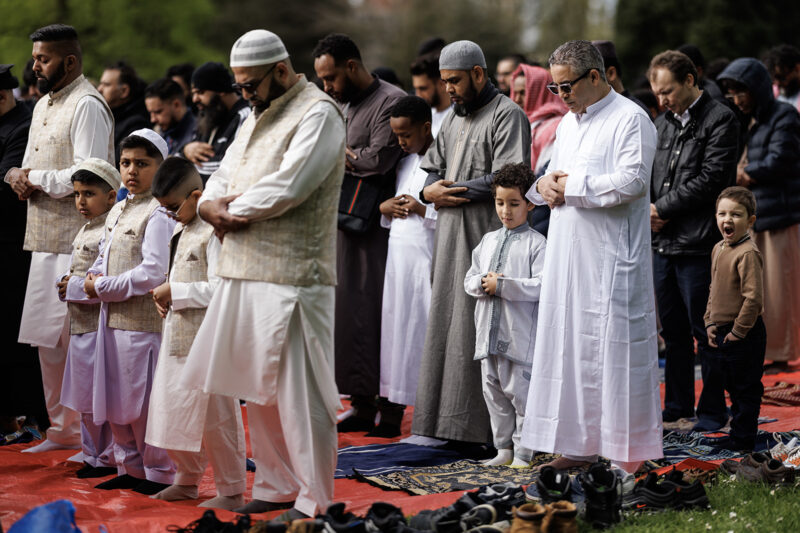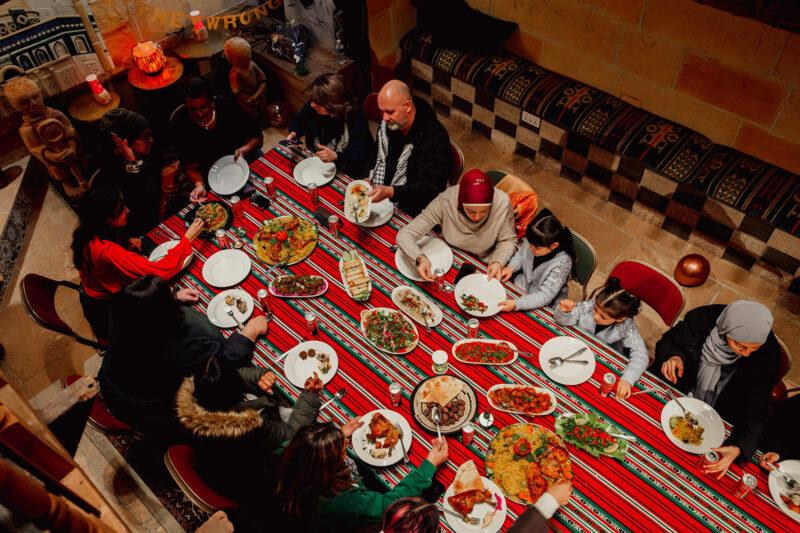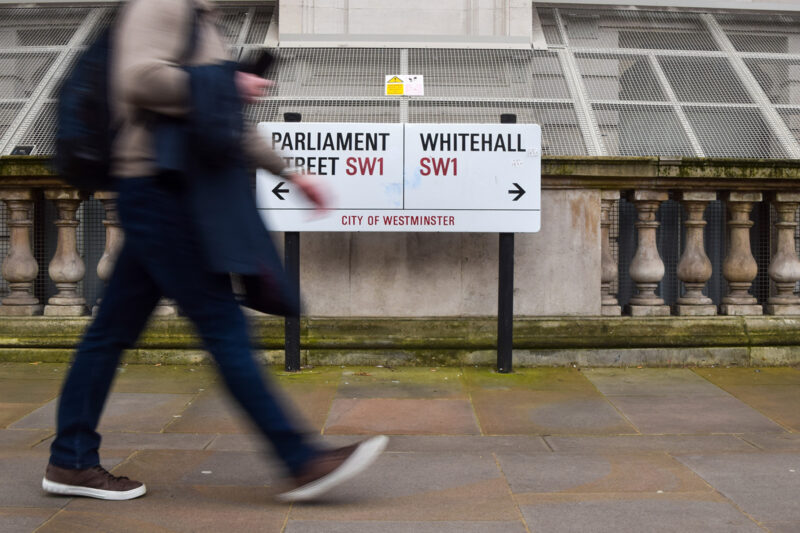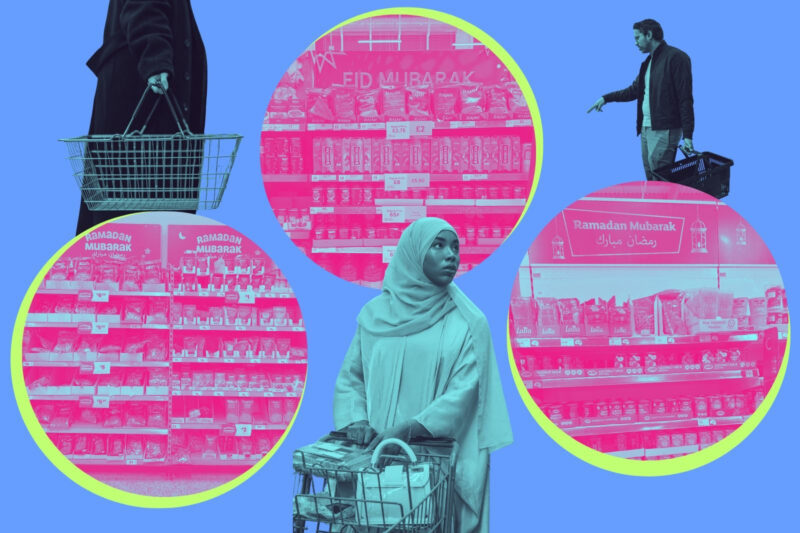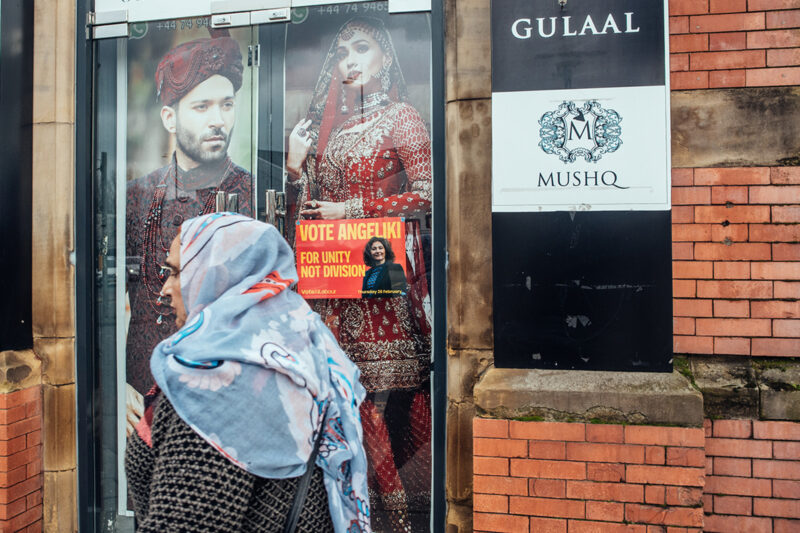What I learned from observing Ramadan while working in parliament
The holy month makes Muslims in Westminster more visible. For MPs, it can be particularly hard — but it’s not without its rewards
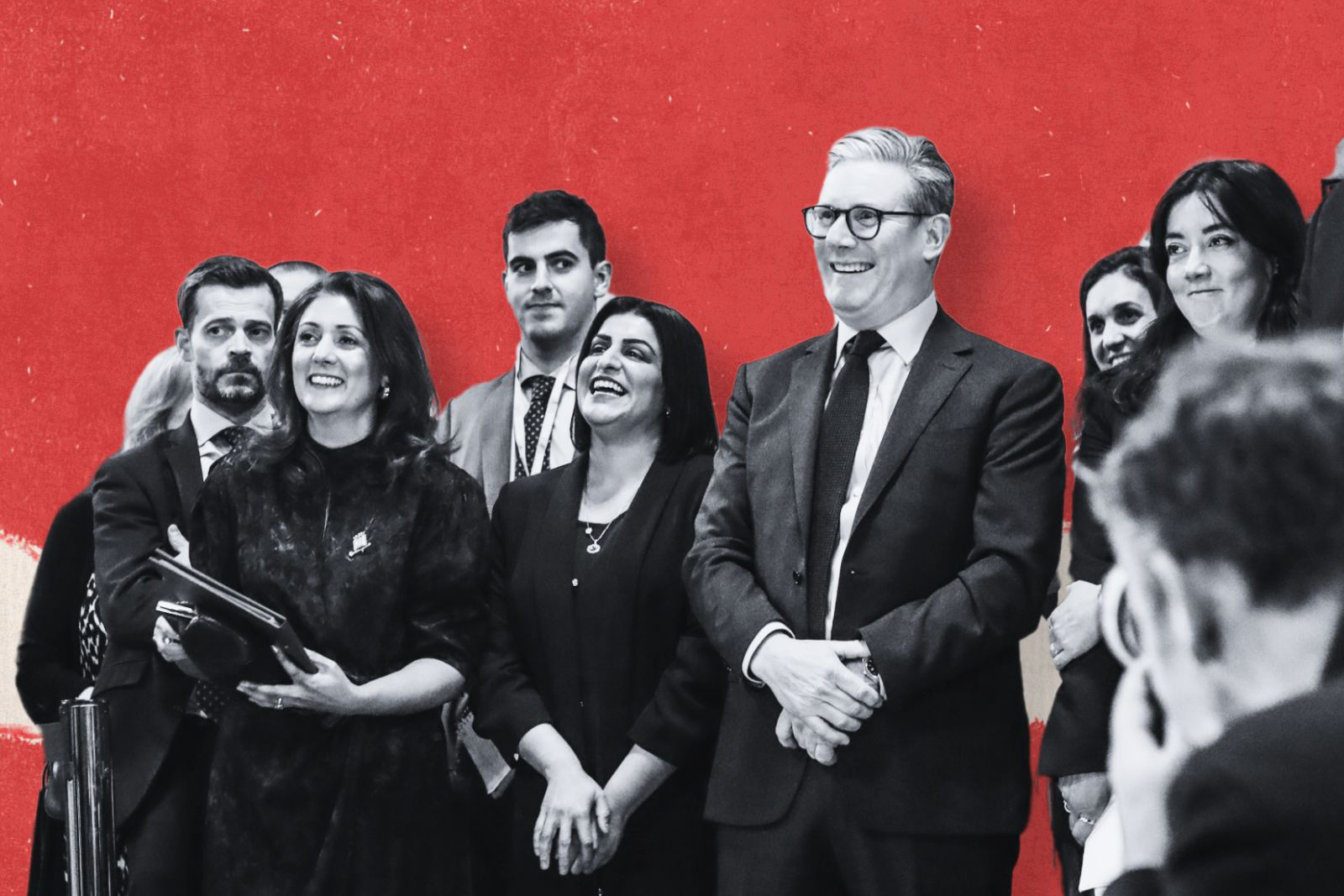
For most Muslims, Ramadan is the most special time of the year: a period of reflection, spirituality and community. It is a time spent with family and friends, sharing the collective experience of fasting, prayer, and inevitably responding to the classic question from non-Muslim friends and colleagues: “Not even water?”
Last year, I spent Ramadan travelling across the UK, immersing myself in the ways different communities observe the month for an ITV documentary. This year, however, was markedly different, rooted firmly in Westminster, a place where during the holy month the pressures of political life meet the deeply personal journey of faith for so many.
Working in parliament exposes you to people from all walks of life, and Ramadan in this setting presents its own set of unique experiences. One evening, as I scrambled around the parliamentary estate in search of a microwave to warm up the iftar meal I had brought from home, I bumped into a member of the security staff on the same mission. We exchanged smiles and pleasantries before he offered to share the meal his wife had packed for him — bread, soup and vegetables. It was a small but meaningful moment, a reminder that, even in the hallowed halls of power, there are so many going through the same challenges.
He, like many others working in parliament, was trying to balance work, spirituality and family life. For Muslim MPs during the month of Ramadan, those pressures are amplified. Those with seats a long way from Westminster tend to spend the first part of the week away from family altogether, living in London so they can attend parliament each day, before travelling back home at the end of the week to spend Friday and the weekend in their constituencies. One Muslim MP spoke candidly to me about the difficulty of spending Monday to Thursday missing out on the joy of breaking fast with loved ones. “It’s hard to be away from my kids during Ramadan,” they admitted. “But it’s a sacrifice to continue doing the job.”
Naz Shah, the Labour MP for Bradford West, echoed this sentiment. In a moment of frustration, she shared in a social media post how she had to leave an assisted dying bill committee session because her hearing aid batteries had run out. Although this had nothing to do with Ramadan, she explicitly made mention of how tough it had been juggling life as an MP during the month. “I have chosen to give up a lot, especially during Ramadan, to make sure I can contribute in this committee and in politics,” she mentioned in her statement. A fair few Muslim MPs I spoke to at the time said they could relate to that feeling.
Shabana Mahmood, the justice secretary, also reflected on the experience of fasting while carrying out high-pressure governmental duties. During an interview with me for an ITV report on the state of UK prisons, we both joked about the fact neither of us had had any coffee, a brief moment of shared understanding. She had been up since the early hours on the government’s morning broadcast round, and I was one of her last interviews. “Must be tough doing this while fasting,” I quipped, before grilling her about the government’s early prisoner release scheme. She wore a necklace with “Allah” inscribed on it during the interview, a subtle but meaningful reminder of faith in the midst of policy discussions. While our interview had nothing to do with religion, there was something quietly powerful about the fact that we were both observing Ramadan while navigating the demands of our jobs.
Ramadan makes Muslims in Westminster more visible. There are those subtle but significant moments — turning down lunch invitations, explaining why you’re skipping coffee, shifting your schedule to accommodate prayer and iftar.
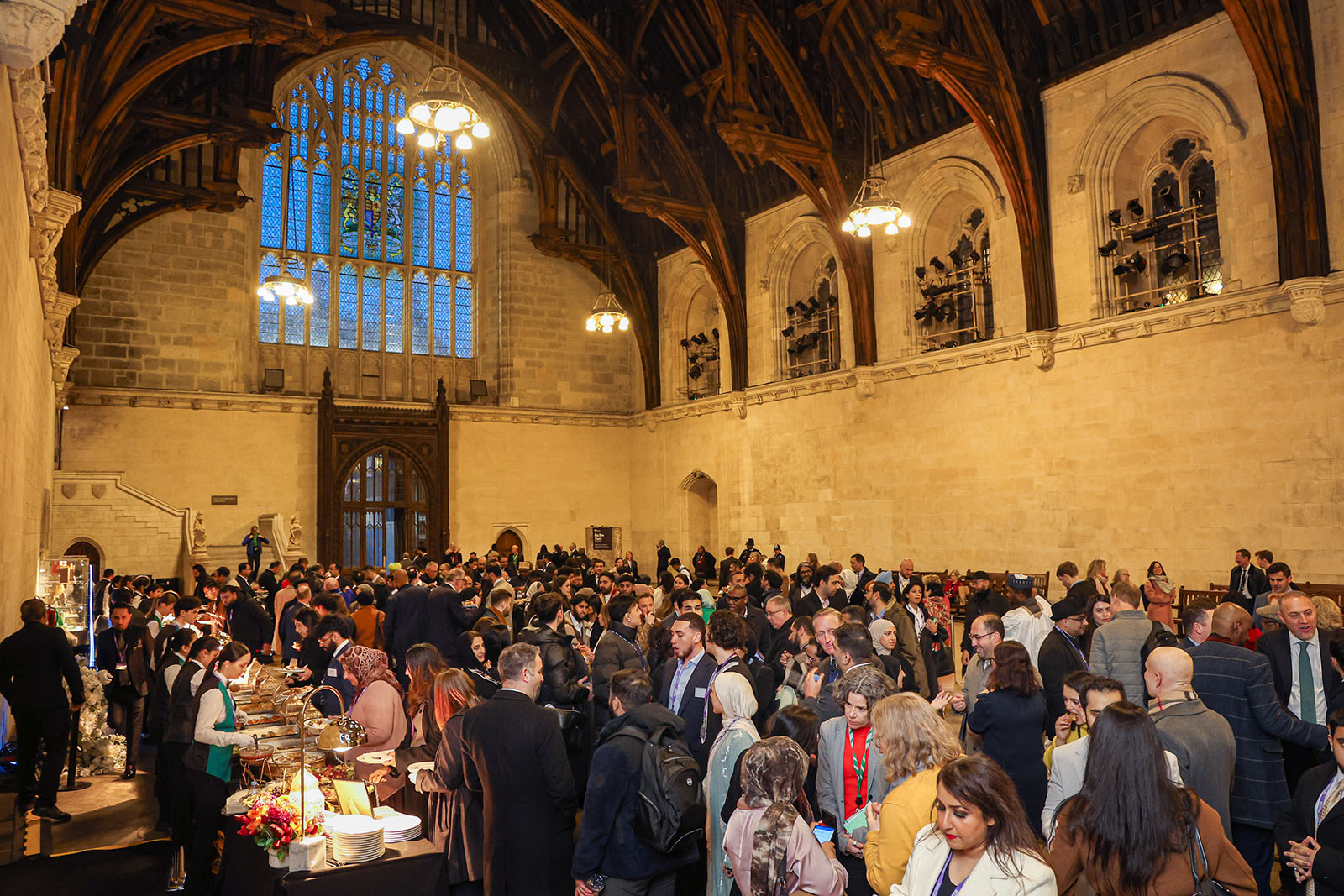
Aware of the significance of the month, Downing Street was on a bit of a charm offensive. The government hosted a roundtable ahead of Ramadan to discuss policy and engagement with senior British Muslims across sectors including finance, law and education. The meeting, chaired by the prime minister, was described as constructive by all sides. Events such as these are more about listening to experts’ views on issues facing their respective fields than decision-making — but a government source told me it was useful and that the insights would feed into the government’s plans on how to “drive growth and improve living standards”.
Keir Starmer also made history by attending the annual Big Iftar event in parliament, which has been running since 2018 but has never before attracted a sitting prime minister. Addressing the gathering, he acknowledged the difficulties facing British Muslims, particularly in light of the suffering in Gaza. “I know this has been a very difficult time for Muslims here in the UK with the pain of the conflict in Gaza and the suffering of the Palestinians,” he said. While some in the audience were not appreciative — one person telling me it was “too little too late” — there were others who greatly appreciated the prime minister’s words.
Muhbeen Hussain, the event’s organiser, called the event a “powerful moment of unity, inclusion, and recognition”. This was the first time the Big Iftar had been held in Westminster Hall and more than 200 people were there, from politicians of all parties and different faiths, to British Muslims from a range of different industries and walks of life. It was “a meaningful opportunity to celebrate the very best of British Muslim contributions,” Hussain added. I spent part of the evening, while stuffing my face with curry, talking about people’s charity work and their thoughts on international development.
But while Ramadan in Westminster offers moments of connection, it also underscores the stark realities of being Muslim in British politics. Ali Milani, a former Labour parliamentary candidate often seen around Westminster, described Ramadan as a reflection of both the best and worst of political life. “Iftar events connect people from across the country, reminding us of Britain’s diversity and the billions given in charity to help the most vulnerable,” he said. But he also pointed to the darker side. “There’s always a barrage of racist abuse, the Islamophobic rhetoric from certain politicians and media figures, and the persistent targeting of Muslims in public life.”
Ramadan in Westminster, then, is a microcosm of the broader Muslim experience in Britain — a blend of joy and sacrifice, shared experiences, resilience, faith, and hope for a better, more understanding world.
Shehab Khan is an award-winning presenter and political correspondent for ITV News.
 Newsletter
Newsletter


